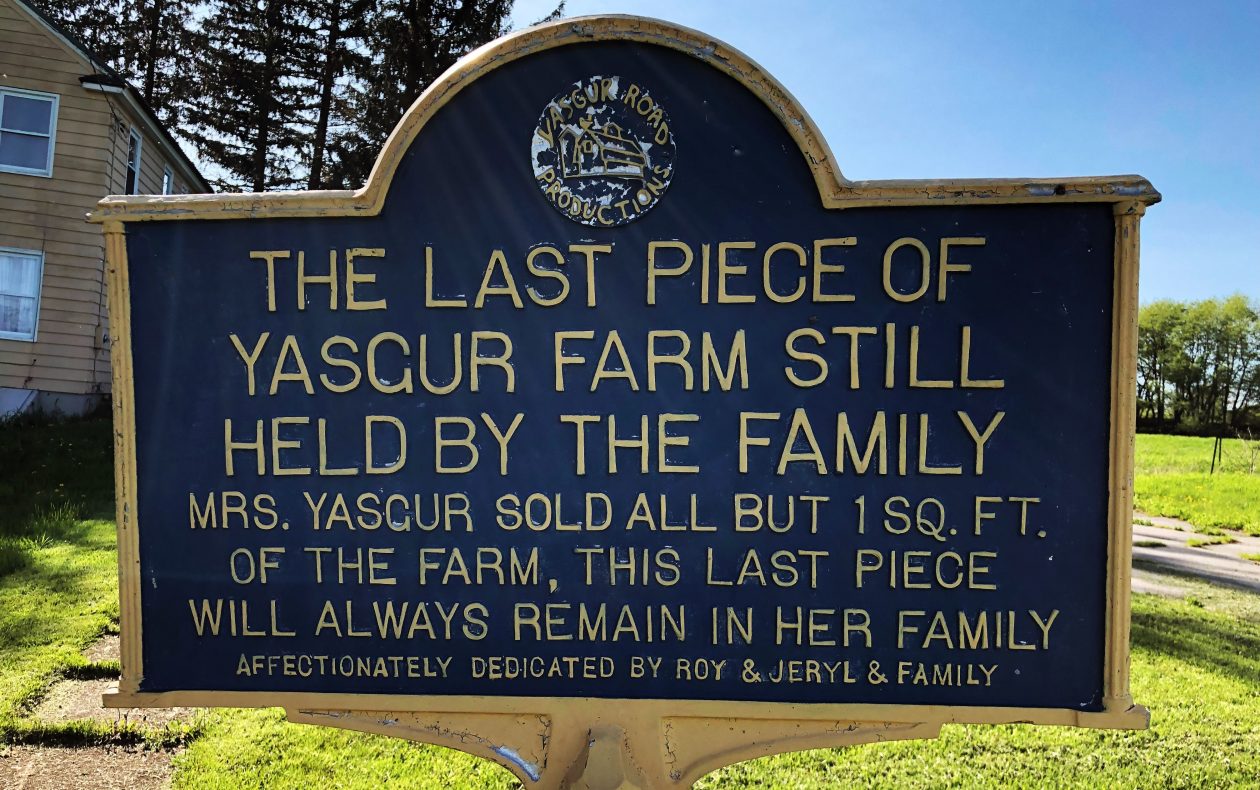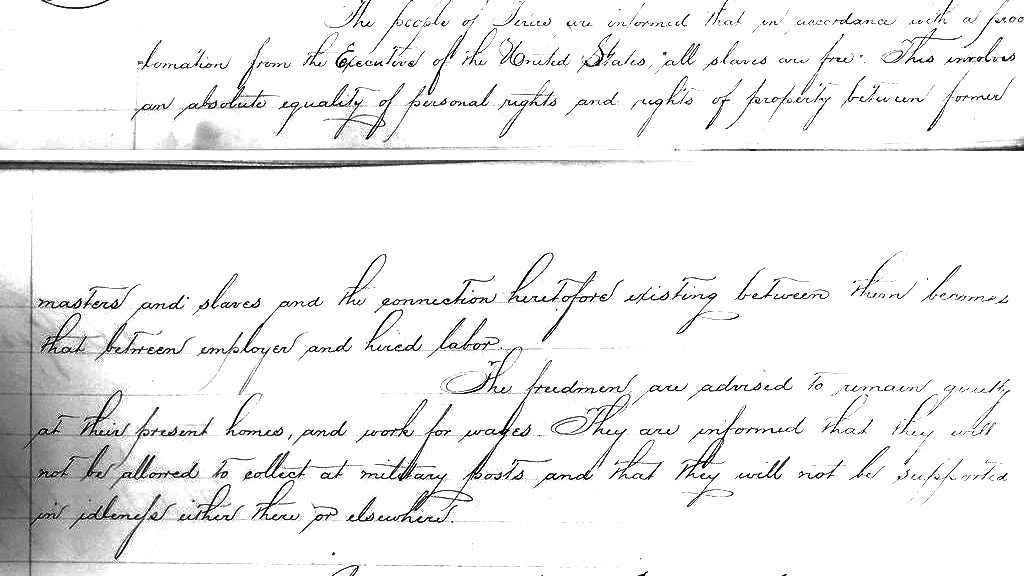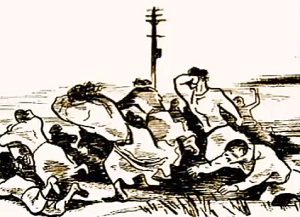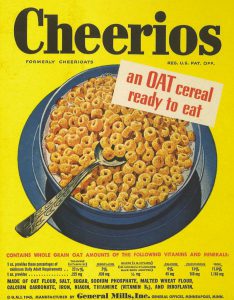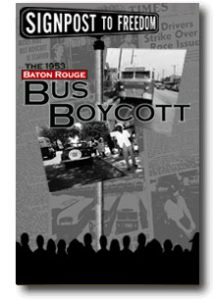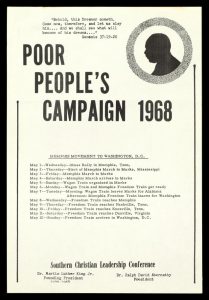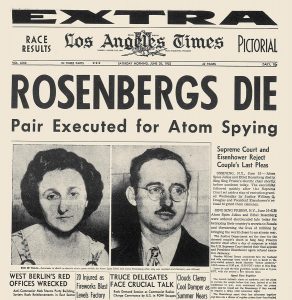June 19 Peace Love Art Activism
BLACK HISTORY
June 19, 1865. Juneteenth. Union soldiers led by Major General Gordon Granger landed at Galveston, Texas with news that the war had ended and that the enslaved were now free. Note that this was two and a half years after President Lincoln’s Emancipation Proclamation – which had become official January 1, 1863. The Emancipation Proclamation had little impact on the Texans due to the minimal number of Union troops to enforce the new Executive Order. However, with the surrender of General Lee in April of 1865, and the arrival of General Granger’s regiment, the forces were finally strong enough to influence and overcome the resistance. (next BH, see July 5)
US Labor History
Women’s Day Massacre
June 19, 1937: the Women’s Day Massacre in Youngstown, Ohio, when police used tear gas on women and children, including at least one infant in his mother’s arms, during a strike at Republic Steel.
In the ensuing melee, a growing crowd of angry union supporters gathered to confront the police. Outraged by the attack on the women and children, the crowd proceeded to beat a policeman who had become isolated from his fellow officers. Panicked by the crowd’s violence, the main force of policeman opened fire from Republic’s main gate. Immediately, several union supporters fell wounded, but the crowd did not flee the scene. It regrouped to re-engage the police. From that point on, the confrontation escalated into an all-out battle, apparently fueled by a false rumor that the police had killed a pregnant steelworker’s wife. As one union organizer later recalled, “When I got there I thought the Great War had started over again. Gas was flying all over the place and shots flying and flares going up and it was the first time I had ever seen anything like it in my life...” Police Captain Richmond later described the scene in these words, “Things would be quiet for a few minutes, and then spasmodic firing of pistols and revolvers and rifles would start up. The crowd would start for us, and we were forced to use gas to drive them back again.”
As the battle continued through the night, local Steel Workers Organizing Committee [SWOC] leaders risked their lives in an attempt to restore order and protect union supporters, many of whom arrived on the scene. As SWOC organizer John Steuben later recounted, “We made a series of attempts there — myself and others — to take the crowds up that hill on Powersdale, because it was a very dangerous situation; in fact, it just looked like civil war.”‘
In addition, SWOC organizers frantically tried to get the authorities to call a cease-fire. However, their efforts met with no success, and the conflict continued to spiral out of control. As one SWOC member later recounted, “The shooting was going on, and I was standing right in front with bullets whizzing by my ears … They were shooting the real stuff — bullets. …I said: ‘Boys, we’re all crippled up. Let’s retreat.’ Just then I saw a fellow reaching down for his handkerchief; the gas was bad. A bullet hit him. I heard him gurgle.” Two young strikers then came to the aid of the wounded John Bogovich as blood poured from his neck. As they attempted to get him to safety, the men carrying Bogovich were forced to the ground three times to avoid new volleys of police gunfire. Unfortunately, their efforts were in vain. Bogovich died on the way to the hospital.
As word of the shooting of Bogovich spread through the neighborhoods surrounding Youngstown’s steel mills, the battle intensified. In fact, according to a police radio log, the strikers began returning gunfire about a half-hour after Bogovich was rushed from the scene.
By dawn, John Steuben was able to negotiate a peaceful withdrawal of the law enforcement forces. As the last officers left the scene, SWOC organizers gathered the remaining 200 union supporters for a debriefing. Addressing the assembled crowd, John Steuben declared, “Although we were completely unarmed, we stood our ground. Girdler can add one more to his bloody list. We are pledging ourselves to fight to the last drop of blood until we win this strike.” The group of exhausted union activists then paused for a moment of silence for their dead. [People’s World article] (see January 31, 1938)
Curt Flood
June 19, 1972: Curt Flood lost his challenge to become a free agent. On this date in Flood v. Kuhn the US Supreme Court upheld, by a 5–3 margin, the antitrust exemption to Major League Baseball. The challenge arose when Flood refused to be traded to the Philadelphia Phillies after the 1969 season. He had sought injunctive relief from the reserve clause, which prevented him from negotiating with another team for a year after his contract expired. [1997 NYT obit] (LH, see February 10, 1973; Flood, see December 23, 1975)
Meritor Savings Bank v. Vinso
June 19, 1986: the United States Supreme Court’s decided that certain forms of sexual harassment were a violation of the Civil Rights Act of 1964 Title VII, and established the standards for analyzing whether conduct was unlawful and when an employer would be liable. [Oyez article] (Labor & Feminism, see Aug 22).
June 19 Peace Love Art Activism
FREE SPEECH
Library Bill of Rights
June 19, 1939: The American Library Association adopted the Library Bill of Rights. It was based on the Library Bill of Rights adopted by the Des Moines, Iowa, Public Library on November 21, 1938. Development of the Library Bill of Rights was in part a response to events in Nazi Germany, where Jews were barred from libraries, and books by Jewish authors and other works disfavored by the Nazi regime were burned.
Today’s Library Bill of Rights (excerpt): “Books and other library resources should be provided for the interest, information, and enlightenment of all people of the community the library serves. Materials should not be excluded because of the origin, background, or views of those contributing to their creation.” (PDF of statement) (see May 20, 1940)
Washington Redskins
June 19, 2017: in a decision likely to bolster the Washington Redskins’ efforts to protect its trademarks, the Supreme Court ruled that the government may not refuse to register potentially offensive names. A law denying protection to disparaging trademarks, the court said, violated the First Amendment.
The decision was unanimous, but the justices were divided on the reasoning.
The decision, concerning an Asian-American dance-rock band called the Slants, probably also means that the Washington Redskins football team would win its fight to retain federal trademark protection.
The law at issue in both cases denies federal trademark protection to messages that may disparage people, living or dead, along with “institutions, beliefs or national symbols.” [NYT article]
PACKINGHAM v. NORTH CAROLINA
June 19, 2017: in PACKINGHAM v. NORTH CAROLINA the US Supreme court declared unconstitutional a North Carolina law that made it a felony for a registered sex offender “to access a commercial social networking Web site where the sex offender knows that the site permits minor children to become members or
to create or maintain personal Web pages.” N. C. According to sources cited to the Court, the State had prosecuted over 1,000 people for violating the law, including petitioner, Lester Packingham, who was indicted after posting a statement on his personal Facebook profile about a positive experience in traffic court. The trial
court denied Packingham’s motion to dismiss the indictment on the ground that the law violated the First Amendment. [Washington Post article] (see Aug 12)
June 19 Peace Love Art Activism
Cultural Milestone
June 19, 1941: Cheerios whole grain oat cereal was invented to provide a more convenient and better tasting alternative to cooked oatmeal. Each piece of the O-shaped cereal is 1/2-inch diameter, and weighs .0025 ounce. Each little “O” puffs itself out, like popcorn, as it explodes from the barrel of a puffing gun at high temperature. It was first called Cheerie Oats when General Mills invented it, but that name had to be changed in 1945, to avoid a conflict with a competitor who suggested they had exclusive rights to use the word “oats” in a commercial name. (see February 9, 1942)
June 19 Peace Love Art Activism
BLACK HISTORY
The first bus boycott
June 19, 1953: Black citizens in Baton Rouge, La., banded together to fight the segregated seating system on city buses. They quit riding for eight days, staging what historians believe was the first bus boycott of the budding Civil Rights movement.
The Baton Rouge episode inspired the Montgomery, Ala., bus boycott led by the Rev. Martin Luther King, but was largely forgotten. (see Aug 13)
JFK drafts civil rights bill
June 19, 1963: President Kennedy sent the draft of his civil rights bill to Congress. He stated: “I ask you to look into your hearts–not in search of charity, for the Negro neither wants nor needs condescension–but for the one plain, proud and priceless quality that united us all as Americans: A sense of justice. In this year of the emancipation centennial, justice requires us to insure the blessings of liberty for all Americans and their posterity–not merely for reasons of economic efficiency, world diplomacy and domestic tranquility–but, above all, because it is right.” (BH, see June 21; Civil Rights bill, see February 10, 1964)
Civil Rights Act of 1964
June 19, 1964: the Civil Rights Act of 1964 was approved after surviving an 83-day filibuster in the United States Senate. Voting for the bill were 46 Democrats and 27 Republicans. Voting against it were 21 Democrats and six Republicans. Except for Senator Robert C. Byrd of West Virginia, all the Democratic votes against the bill came from Southerners. Senator Barry Goldwater of Arizona voted against the bill, as he said he would. The five other Republicans opposing it all support Mr. Goldwater’s candidacy for the Republican Presidential nomination. [text from Our Documents site] (BH, see June 21; Voting Rights, see March 7, 1966)
Solidarity Day March
June 19, 1968: fifty thousand demonstrators participated in Solidarity Day March of Poor People’s Campaign. Marchers walked from Washington Monument to Lincoln Monument, where they were addressed by Vice-president Humphrey, presidential candidate Eugene McCarthy, Coretta Scott King, and Ralph Abernathy. [images] (see June 24)
137 SHOTS
June 19, 2014: in a document filed in Cuyahoga County Common Pleas Court, Prosecutor Timothy McGinty said Cleveland Patrolman Michael Brelo stood less than 5 feet away on the hood of Timothy Russell’s car and unloaded 15 gunshots at Russell and his passenger, Malissa Williams, 30. The shooting came after a police chase that McGinty said had “escalated to Blues Brothers proportions.” (see 137 for expanded story)
Antwon Rose
June 19, 2018: East Pittsburgh police officer Michael Rosfeld shot and killed Antwon Rose, Jr as the unarmed Rose fled from the car police had pulled over because of suspician that it had been involved in a drive-by shooting.
Police later reported that the car had not been involved the the drive-by shooting and had released the driver. The third person in the car escaped. (B & S and AR, Jr, see June 27)
June 19 Peace Love Art Activism
Red Scare
Death penalty
June 19, 1953: Julius and Ethel Rosenberg were executed at Sing Sing Prison in Ossining, New York. Both refused to admit any wrongdoing and proclaimed their innocence right up to the time of their deaths, by the electric chair. The Rosenbergs were the first U.S. citizens to be convicted and executed for espionage during peacetime.
The lead paragraph in a Daily News article read: Julius and Ethel Rosenberg, the A-traitors who for two years had tried to outbluff Uncle Sam with the help of fellow Communists all over the world, finally were executed at Sing Sing Prison shortly after 8 o’clock last night. (Red Scare, see July 27; Nuclear, see Aug 12; DP, see January 30, 1965; Rosenbergs, see May 19, 2015)
June 19 Peace Love Art Activism
see June 19 Music et al for more
Pat Boone
June 19 – 25, 1961, “Moody River” by Pat Boone #1 Billboard Hot 100.
Four Tops
June 19 – 25, 1965: “I Can’t Help Myself (Sugar Pie, Honey Bunch)” by the Four Tops #1 on the Billboard Hot 100.
“Sittin’ On the Dock of the Bay”
June 19, 1967: during his stay in California on a houseboat in Sausalito, while listening to the Beatles’ Sgt Pepper Lonely Hearts Club Band, Otis Redding was inspired to compose “Sitting On the Dock of the Bay.” (see Sitting for expanded story)
The [Bumpy] Road to Bethel: June 19, 1969
- Michael Lang, Artie Kornfeld, and Joel Rosenman meet with Abbie Hoffman. Hoffman demanded $50,000. They agree to $10,000.
- Stanley Goldstein was served with a summons ordering the festival’s principals to appear before the State Supreme court in Goshen, NY on July 7.
- At the informal meeting the Wallkill town board lays out its three concerns: 1. traffic control, 2. sanitation, and 3. water supply. (see Chronology for extended story)
June 19 Peace Love Art Activism
SEPARATION OF CHURCH AND STATE
Torcaso v. Watkins, 367 U.S. 488
June 19, 1961: the US Supreme Court reaffirmed that the Constitution prohibits States and the Federal Government from requiring any kind of religious test for public office, in the specific case, as a notary public. The provision of the Maryland Constitution had stated: “No religious test ought ever to be required as a qualification for any office or trust in this state, other than a declaration of belief in the existence of God.” [Justia article] (see June 25, 1962)
Louisiana/Ten Commandments
June 19, 2024: Gov. Jeff Landry signed legislation on Wednesday requiring the display of the Ten Commandments in every public classroom in Louisiana, making the state the only one with such a mandate and reigniting the debate over how porous the boundary between church and state should be.
Critics, including the American Civil Liberties Union and the Freedom From Religion Foundation, vowed a legal fight against the law they deemed “blatantly unconstitutional.” [NYT article] (next Separation, see June 25)
June 19 Peace Love Art Activism
Fourth Amendment
Mapp v. Ohio
June 19, 1961: the US Supreme Court decided that evidence obtained in violation of the Fourth Amendment, which protects against “unreasonable searches and seizures,” may not be used in state law criminal prosecutions in state courts, as well, as had previously been the law, as in federal criminal law prosecutions in federal courts. [Oyez article] (see June 11, 1968)
US v US District Court
June 19, 1972: the US Supreme Court upheld the 1971 decision (United States v. Sinclair ) of US District Judge Damon Keith.
The Supreme Court held that the wiretaps were an unconstitutional violation of the Fourth Amendment and as such must be disclosed to the defense. This established the precedent that a warrant needed to be obtained before beginning electronic surveillance even if domestic security issues were involved. The decision applied only to domestic issues; foreign intelligence operations were not bound by the same standards. The governing law for electronic surveillance of “foreign intelligence information” between or among “foreign powers” is the Foreign Intelligence Surveillance Act (FISA) of 1978. [Oyez article] (see May 29, 1973)
June 19 Peace Love Art Activism
ADA
Judy Heumann
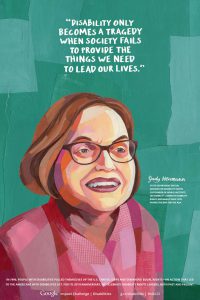 June 19, 1970: earlier in the year, Judy Heumann had sued the New York City Board of Education when it denied her application for a teaching license. The stated reason was the same originally used to bar her from kindergarten—that her wheelchair was a fire hazard. On this date, the Board agreed to grant a teacher’s license to her. The whole experience pushed Heumann toward activism for the disabled. [US DoS article] (ADA, see September 26, 1973; Heumann, see April 5, 1977)
June 19, 1970: earlier in the year, Judy Heumann had sued the New York City Board of Education when it denied her application for a teaching license. The stated reason was the same originally used to bar her from kindergarten—that her wheelchair was a fire hazard. On this date, the Board agreed to grant a teacher’s license to her. The whole experience pushed Heumann toward activism for the disabled. [US DoS article] (ADA, see September 26, 1973; Heumann, see April 5, 1977)
June 19 Peace Love Art Activism
Watergate Scandal
June 19, 1972: a GOP security aide is among the Watergate burglars, The Washington Post reports. Former attorney general John Mitchell, head of the Nixon reelection campaign, denied any link to the operation. (see Watergate for expanded story)
June 19 Peace Love Art Activism
Religion and Public Education
Edwards v. Aguillard
June 19, 1987: he US Supreme Court struck down a Louisiana law that required the teaching of creationism alongside evolution. The Court ruled that the law failed to pass the criteria established in Lemon v. Kurtzman (the Lemon Test—June 28, 1971)—that is, the law advances a religious objective and it leads to the excessive entanglement of church and state by mandating “the symbolic and financial support of government to achieve a religious purpose.” [Oyez article] (Religion, see June 19, 1993; Separation, see in April 1995)
Santa Fe Independent School District v. Doe
June 19, 2000: the US Supreme Court ruled that the Santa Fe High School practice of conducting a prayer, led by a student-elected chaplain, before football games was a violation of the establishment clause of the First Amendment. Even though the school district modified the practice by holding a second election that asked the students if they wanted to hold these public prayers, the Court held that the practice still represented a form of state sanctioned religious coercion that violated the rights of the dissenting students.
In a 6-3 opinion delivered by Justice John Paul Stevens, the Court held that the District’s policy permitting student-led, student-initiated prayer at football games violates the Establishment Clause. The Court concluded that the football game prayers were public speech authorized by a government policy and taking place on government property at government-sponsored school-related events and that the District’s policy involved both perceived and actual government endorsement of the delivery of prayer at important school events. Such speech is not properly characterized as “private,” wrote Justice Stevens for the majority. In dissent, Chief Justice William H. Rehnquist, joined by Justices Antonin Scalia and Clarence Thomas, noted the “disturbing” tone of the Court’s opinion that “bristle[d] with hostility to all things religious in public life.” [Justia article] (R and PE, see July 28; S of C & S, see November 2, 2002)
June 19 Peace Love Art Activism
Japanese Internment Camps
June 19, 2014: Don Miyada, 89, joined Newport (CA) Harbor High School’s 2014 graduating class on stage and received a standing ovation when he was hailed as an inaugural member of the school’s hall of fame. Miyada missed his 1942 graduation because he was locked in an internment camp for Japanese-Americans
Miyada was 17 when he was sent with his family and more than 17,000 other detainees to a patch of desert land near Poston, Arizona shortly after the Japanese bombed Pearl Harbor during World War II. A teacher later sent him a letter expressing shock that he couldn’t finish high school and included a diploma — but Miyada always regretted that he missed the celebration. (see Internment for expanded story)
June 19 Peace Love Art Activism
Marijuana
June 19, 2018: NYC Mayor Bill de Blasio said that the New York Police Department would spare many people who smoke marijuana in public from getting arrested and that police would give them a ticket instead, unless a person had certain kinds of past arrests or convictions . The changes would take effect on September 1. (see June 20)
June 19 Peace Love Art Activism
Environmental Issues
June 19, 2019: the Trump administration replaced former President Barack Obama’s effort to reduce planet-warming pollution from coal plants with a new rule that would allow plants to stay open longer and slow progress on cutting carbon emissions.
While the Obama plan would have set national emissions limits and mandated the reconstruction of power grids to move utilities away from coal, the new measure gives states broad authority to decide how far, if at all, to scale back emissions.
“The Affordable Clean Energy rule gives states the regulatory certainty they need to continue to reduce emissions and provide affordable energy to all Americans,” Andrew Wheeler, the Environmental Protection Agency administrator, said Wednesday as he introduced the new measure. (see Aug 12)
June 19 Peace Love Art Activism
June 19 Peace Love Art Activism, June 19 Peace Love Art Activism, June 19 Peace Love Art Activism, June 19 Peace Love Art Activism, June 19 Peace Love Art Activism, June 19 Peace Love Art Activism,
